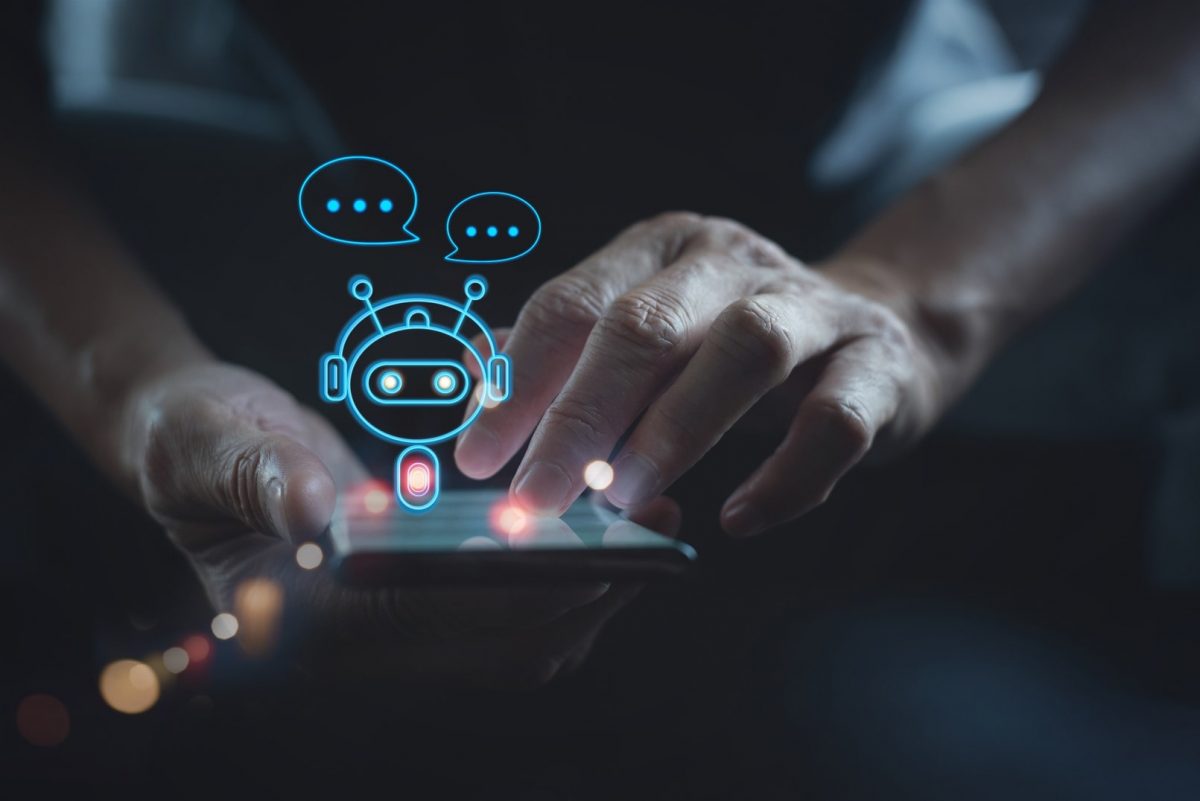When they are properly designed and implemented, these systems can provide solutions on the first tier of Customer Service; but when they are not, they can bring on headaches. Nowadays, the brand perception we have as customers is much related to the experiences we have when interacting with the digital channel, in fact, it is largely related to the quality of the latter. This is the reason why it is so important for the chatbot to offer an excellent user experience, and to help reach the client´s objective.
A chatbot or virtual assistant (VA) is a software programme that uses text or text to speech conversion to generate an online conversation. It is generally used as an alternative to direct contact with a live human agent. The technology involved in VA development is known as natural language processing (NLP), and is a branch of artificial intelligence (AI).
Chatbots are usually more useful when responding to closed, limited questions, instead of open questions. Massive and generalized AI has not evolved enough yet to have an average online retailer add a chatbot to their website, which could chat with a client with the same sophistication that a human could. On the other hand, it has to be acknowledged that many people feel uncomfortable with chatbots when interaction is persistently forced by chat windows popping up on webpages. This is the reason why it is recommended to place them in the background, ready to be used if necessary, but silenced if the client does not require them.
Another aspect to bear in mind is systems security: an unprotected voice assistant could generate important commercial issues, and risk the client´s and the company´s data integrity, possibly leading to unauthorized transactions, dissatisfaction and frustration on the client´s side, among other inconvenients.
Customer experience
Companies hire more virtual assistants every day. Between 2018 and 2020, their use grew 67%. Chatbots help to know clients (find out which are their questions and needs, besides products and services they are interested in), collaborate in the promotion of new products, allow to send proactive notifications, provide immediate assistance and offer basic attention 24/7. Nevertheless, a bot is not an actual person: it does not always understand a query and its selection of answers can be limited; this might make it sound “robotic”.
A superficial implementation of this process automation technology will bring on negative consequences for the business. In a study conducted in the United States, 73% of the persons asked confirmed they would not be using the chatbot again after a bad experience.
Virtual assistants
Bots must escalate in an efficient manner, with a personal touch. When they are deployed with an exclusive focus on efficiency – and not on customer experience improvement or minding the way in which the latter will actually use the technology – they could represent a drawback, more than an asset.
Besides, it has to be considered that chatbots need constant revisions, maintenance and optimizations as far as their knowledge base and in the manner they are supposed to communicate with clients. Within the frame of machine learning processes the bot needs to be fed with new and significant data (content) so they can respond to client’s ´queries.
The chatbot must evolve with the interactions, allow for clients to self manage and make valuable data available. In the era of customer centred business, it is clear that they should be developed to add value to clients, and if they do not – or offer a bad experience – this will impact directly on the brand´s image. Besides, they should be created following the guidelines of the company´s image; in the tone with which it expresses itself as well as in the aspects that make “its personality” when chatbots are identified with an avatar.
In brief: if this digital product is not of excellent quality, it will end up generating more damage than benefits. In Baufest we develop virtual assistants centred in customer experience, which allow transactions and enable interactions with the business ‘coresystems to make self management a reality. This helps to free attention channels and to maximize the client´s experience consistently.


